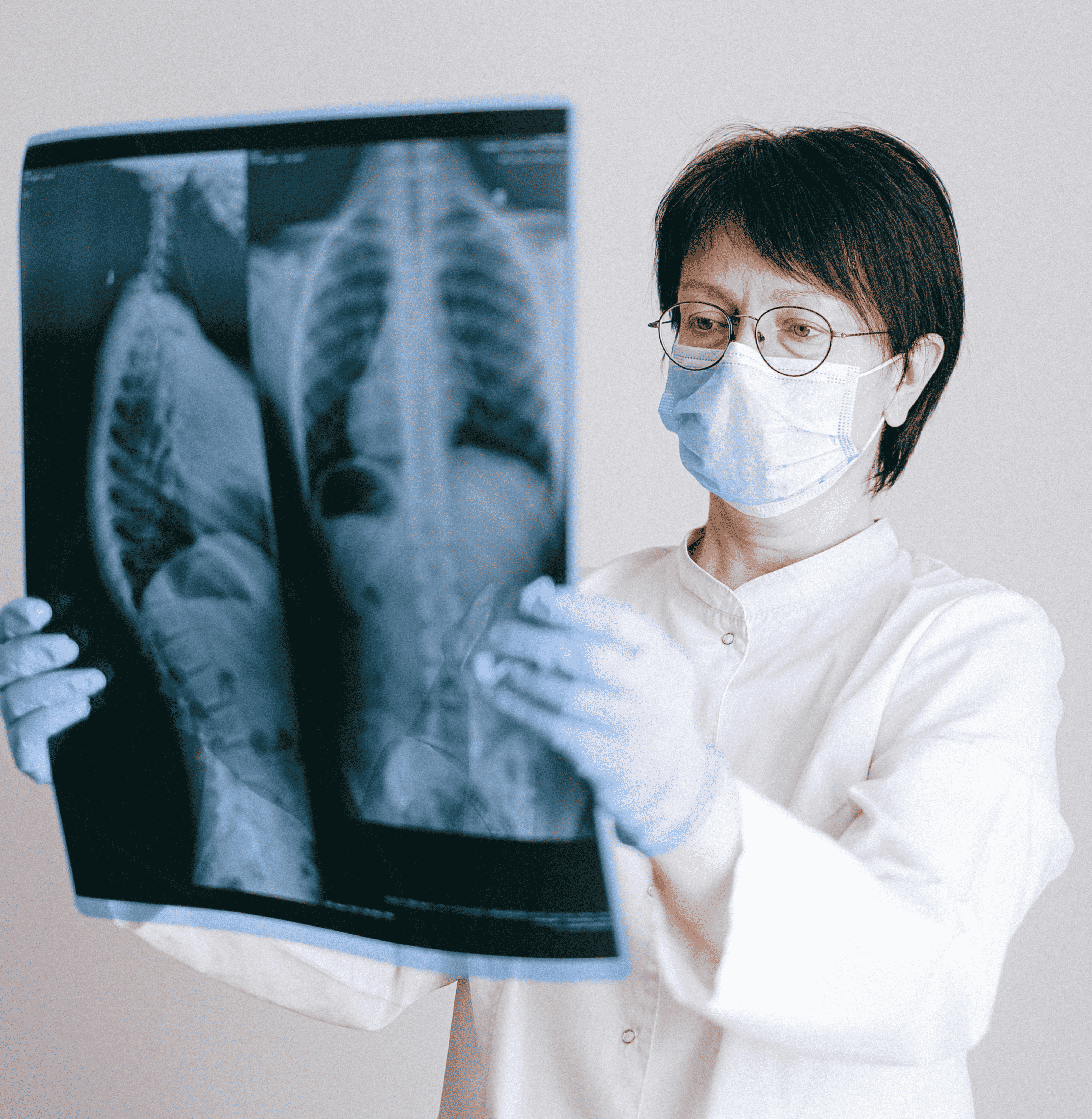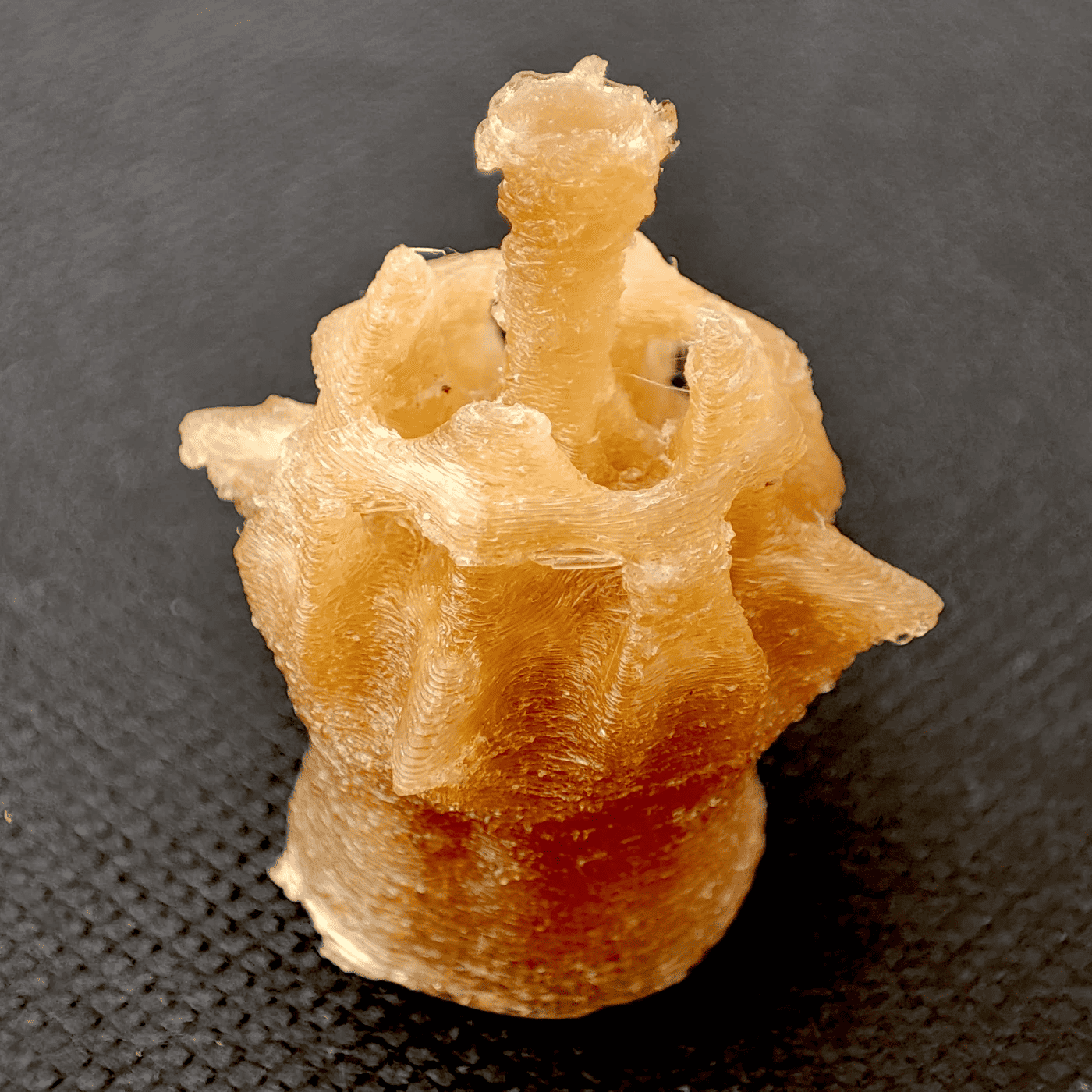
Research into an active substance for combatting the novel coronavirus SARS-CoV-2 is currently being conducted in laboratories around the world. But could it be that Mother Nature herself has long since provided a cure for the virus? For several years, scientists at the TU Freiberg in Germany have been studying a marine sponge species called Aplysina aerophoba. This sea sponge produces antiviral properties naturally. These unique substances can inhibit the growth of viruses and stop viruses from attacking cells.
Whenever the Aplysina sponge is damaged, it produces what are known as bromotyrosines. These bromotyrosines are responsible for the antiviral, antibacterial and antiparasitic effect of the sponge. A sudden chemical reaction occurs when the connections between the tissue cells are damaged following an injury.
When this happens, the amino acid derivative bromtyrosine instantly destroys any foreign bodies, viruses and bacteria that try to enter the tissue cells. Bio-active substances inhibit protein synthesis this way. They prevent the proliferation of RNA viruses, as in viruses that penetrate tissue cells. One of these RNA viruses is the SARS-CoV-2 corona virus. Which the Freiberg scientists were able to prove in pre-clinical studies in cooperation with the University Hospital Carl Gustav Carus (Dresden, Germany) when using tumour cells as test examples.

Ready for clinical studies
“We have succeeded in isolating these bioactive substances in a purely crystalline form in such quantities (i.e. considerably more than 10 grams) that they are available for immediate clinical trials against the COVID-19 pathogen,” Prof. Dr. Hermann Ehrlich explains. He’s from the Biomineralogy and Extreme Biomimetics research group at the TU Bergakademie Freiberg (Freiberg University of Mining and Technology). “In the current situation we are, of course, open to cooperation with the relevant authorities and institutions.”
The marine horn sponge Aplysina aerophoba is native to the Mediterranean Sea in Europe. It’s found mainly off the coasts of Montenegro, Croatia and Albania. It has been growing for more than 500 million years along shallow coastal areas of warm seas. In recent years, the researchers have managed to extract up to 100% of the precious bromotyrosine from the sponge as a result of a new method.
Careful extraction of bromotyrosine
“We use microwave radiation to isolate and extract the bromotyrosine from the cells and skeletal fibres of the cultured sponges,” explains the head of the Biomineralogy Laboratory at the Institute for Electronic and Sensor Materials. The team led by Prof. Ehrlich along with the Saxon start-up BromMarin GmbH are currently proceeding with their research into the ecologically friendly method. This new method involves only partial removal of the sponge underwater.
Since 2014, scientists from the TU Bergakademie Freiberg have been overseeing a 100 square meter sponge farming facility. They’ve been working together on this with marine biotechnologists from the Institute of Marine Biology in Kotor, Montenegro.
Research results from the Freiberg scientists have been published in the academic journal “Materials Science and Engineering” under the title: ‘Marine biomaterials: Biomimetic and pharmacological potential of cultivated Aplysina aerophoba marine demosponge.’








